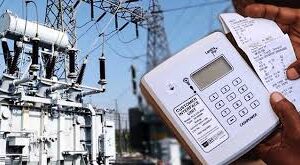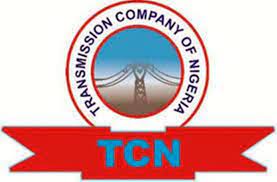As economic effects of Coronavirus pandemic is biting harder in Nigeria on projections made in the N10.59 trillion 2020 budget, the federal government has slashed the budget size to N9 trillion.
The N1.5trillion reduction made from the N10.59 trillion aggregate budget size signed into law by President Muhamnadu Buhari in December last year , covers about 25% of appropriated overhead costs for the various government Ministries , Departments and Agencies (MDAs) as well as N457 billion earmarked for under recoveries from fuel importation.
A government’s panel set up to assess the impact of coronavirus on the economy made the recommendations which were tacitly confirmed by the Minister of Finance, Zainab Ahmed, Wednesday after the Executive Council Meeting at the State House.
Speaking with State House correspondents after the meeting in Abuja, Ahmed expressed hope that the measures would help stabilise the economy.
She said the recurrent expenditure would be cut by 25 per cent across all the Federal Government’s agencies, while the capital budget would drop by 20 per cent.
“What we have done is that we have written every ministry and given them guidelines on how these adjustments will be made to enable us to have detailed input from the ministries.
“But, I can just say that the budget cut is about N1.5tn; the reduction in the size of the budget. And this includes the N457bn from the PMS under-recovery”, she said.
For government to respond to the oil price crash, she said the new benchmark was $30 per barrel, down from the budgeted $57.
Other measures are the suspension of the funding of upstream projects by the Nigerian National Petroleum Corporation ( NNPC) and the suspension of all ongoing recruitment by the MDAs.
On how much it will affect the federally-funded upstream projects , she said it is about 25 per cent cut, the exact amount she added , will be worked out when inputs are gotten from the ministries, departments and agencies.”
Other proposed changes to the budget include a reduction of the budget oil production volume from 2.18 million barrels per day to 1.70 million barrels.
The exchange rate was adjusted from N305/$ to N360/$.
The projected oil revenue was reviewed downward from N7.67 trillion to N1.44 trillion.
The net non-oil revenue was also projected downward from N6.442 trillion to N5.84 trillion with corporate tax and value-added tax expected to contribute N1.822 trillion and N.164 trillion down from the original N1.836 and 2.25 trillion respectively.
Funds to be distributed to the three tiers of government from the federations account is expected to dip from N8.5 trillion to N3.12 trillion.
New borrowings by the government was adjusted from N1.59 trillion to N4.43 trillion with incremental borrowing projected at N2.84 trillion
The committee chaired by Zainab Ahmed , has the Minister of State, Petroleum Resources, Mr Timipre Sylva; Governor of the Central Bank of Nigeria, Mr Godwin Emefiele; and the Group Managing Director of the Nigerian National Petroleum Corporation, Mr Mele Kyari as members.
Recall that the N10.59tn budget, which was signed by Buhari in December, came with a deficit of over N1.8trn.
It had a provision of N56.4bn for statutory transfers; debt servicing, N2.7trn; recurrent expenditure, N4.84trn; and capital expenditure, N2.46tn.



